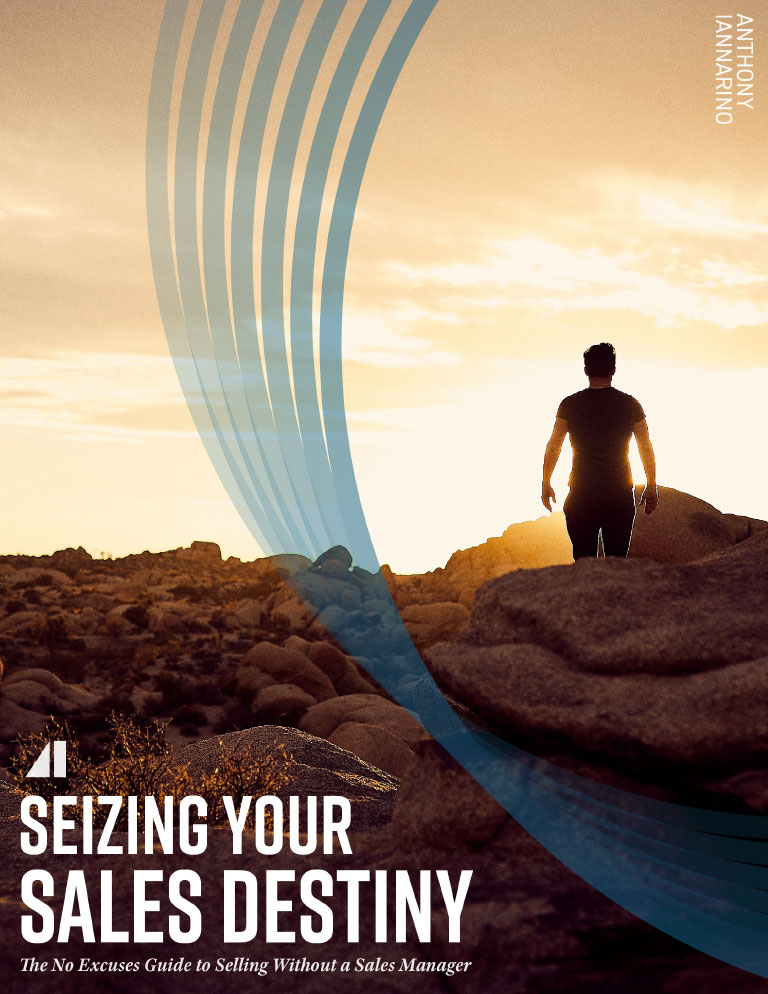Read more books: mostly older books that have survived the Lindy Effect, with the occasional recent book that keeps you informed about the nature of your world and how to navigate it.
If you are like most people, you spend more time reading blog posts (hopefully this one), news articles, social media updates from friends and strangers, and email than you spend reading books. Research shows that reading on screens is making it more difficult for us to read long-form content. Instead, we mostly skim, something that seems to be harming us and decreasing our ability to read—and think—deeply.
Every month, I receive an email complaint from some recent subscriber to my Sunday newsletter who thinks the content is good but the posts are far too long. The newsletter, like the posts I publish here, is normally 1,000 words. According to Ulysses, the app I use to write and evaluate my posts, each post would take a whopping four minutes to read.
Books are different. Fiction is immersive, taking you to another time or place, and often boosting your empathy by building your ability to take on another person’s perspective. Stories that have been around for thousands of years have only survived because they speak to some important truth about the human condition.
Books also contain a whole idea, something that listicles and other short-form writing strive to avoid. One thousand words is enough to flesh out some part of an idea, but it isn’t enough to provide context or a detailed connection to other ideas. Giving yourself over to an idea or a story deepens your understanding, enriching and enhancing who you are.

Read more long-form essays, printing them on paper and reading slowly. There is much long-form content on the internet, some of it incredibly good and valuable. But you are unlikely to derive its value if you scan it, skim it, or only read the summaries that sometimes accompany each piece.
If you are sitting in the waiting room at your dentist’s office or waiting for your next flight, reading on a screen is better than not reading at all. But printing the content to read it on paper is better. If you can, spend much less time reading on a computer, an iPad, an iPhone, or a Kindle. In fact, spend more time away from screens altogether.
Lately, I have taken to printing out articles and placing them in a red plastic folder that I keep in my backpack. I also carry pencils so I can take notes in the margins. To counter the learned behavior imposed upon us by our incredibly high screen usage, I have slowed down the pace of my reading.
Try to read on printed paper and you will very quickly realize you are skimming, not reading. I have had to stop myself and go back over paragraphs because my eyes have moved across the words and down the page faster than I could process what I read.
Most people would agree that deep thinkers are deep readers. The best thinkers read widely, and that is one of the reasons they are able to develop their insights, connect their ideas to their history, and to engage, entertain, and enlighten us. The ancient Greeks didn’t think in tweets, and neither did the Romans. Buffet and Munger spend the majority of their time reading and thinking, and it seems to be turning out okay for them.
Avoid content that doesn’t serve you, content that is designed to agitate the worst part of you, and anything that would cause you to reduce yourself by lowering your personal standard. Agitprop is everywhere, much of it designed to vilify the “others” who aren’t like you. This content isn’t good for your mindset or for your ability to think well, and it will all but destroy your ability to consider another person’s perspective.
A small dose of poison, taken over time, may mithridatize you against a larger dose of that same substance, but gulping down large doses will lead to ruinous results to your mindset.

One of the primary ways we have grown in our consciousness is by being able to take a third-person perspective. This may well be the root cause of the Enlightenment, including our ability to hold certain truths as self-evident when all of history was marked by an absence of these truths. Seek out content that is designed to inspire you to grow, to raise your personal standard, to educate you in some meaningful way, and to allow you to improve yourself.
Your content diet might be the equivalent of Mentos and Coca-Cola: it may cause some temporary excitement, but it’s mostly empty calories, providing no nutrition whatsoever. There is nothing wrong with ingesting empty calories, unless it makes up the bulk of your diet. Most online content doesn’t challenge you, doesn’t inspire you to be more and do more, and really doesn’t do much at all except keep you from scrolling past it.
The bulk of the content you ingest, like the bulk of the food you eat, should benefit you. It should improve you in some meaningful way. Fill your mind with what is valuable and useful to a life well-lived, avoiding anything that is harmful now and in the future.
Finally, write out what you have learned from what you read, in your own words, and keep your notes in a place where they are easily retrieved. When you come across an idea that moves you, write it down. But don’t copy the quote directly from the source, unless you are adding to a commonplace book. Instead, paraphrase it, converting the valuable idea into something that is your own. Not only will it be more meaningful to you, but you will also find it easier to remember the idea.

Get the Free eBook!
Learn how to sell without a sales manager. Download my free eBook!
You need to make sales. You need help now. We’ve got you covered. This eBook will help you Seize Your Sales Destiny, with or without a manager.
Download Now







.jpg?width=768&height=994&name=salescall-planner-ebook-v3-1-cover%20(1).jpg)


